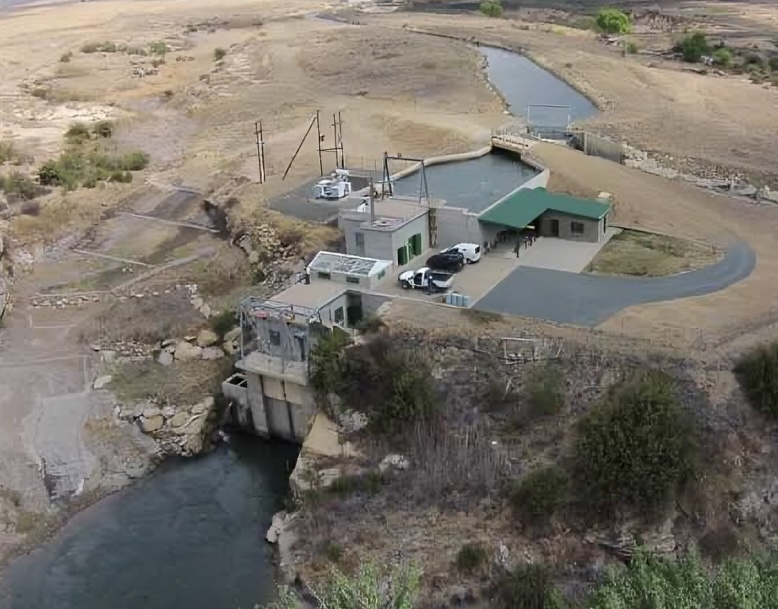In a landmark move for renewable energy in South Africa, two leading corporations have reached a financial milestone for the hydropower project Boston Hydro, marking the initiation of the country’s first wind-hydro-solar wheeling renewable energy venture. This collaborative effort signifies a major step forward in sustainable energy development, combining the forces of wind, hydro, and solar power to revolutionize how energy is generated and distributed across the nation.
Situated on the Ash River within the expansive Lesotho Highlands Water Scheme, the 5MW Boston Hydro project is poised to make a significant impact. With construction kicking off in late October 2023, the run-of-river plant is on track for its commercial operation debut in July 2025. Once operational, Boston Hydro is set to generate 30 GWh of electricity annually. This power will be seamlessly integrated into the national grid via Eskom, South Africa’s primary electricity supplier, and supplied to various commercial buildings owned by Growthpoint Properties, showcasing a novel approach to energy wheeling and trading.
The project is not just a win for renewable energy but also for the environment and the local economy. “Boston Hydro will result in the reduction of some 600,000 tons of CO2 emissions over a 20-year period. Furthermore, the construction phase is creating 100 jobs, with a significant portion being sourced locally,” highlights Serengeti Energy’s CEO, Anton-Louis Olivier.
Electricity wheeling, the process of transmitting electricity from generators to consumers through an intermediary network, is set to play a pivotal role in enhancing South Africa’s energy landscape. By fostering efficient energy distribution, this model supports the integration of renewable sources, boosts grid resilience, encourages market competition, and underpins economic growth.
According to a report by ESI Africa, Boston Hydro’s strategic placement not only facilitates the leveraging of the Lesotho Highlands Water Scheme Phase 2 expansion but also establishes a pioneering model for private sector Power Purchase Agreements (PPAs) in South Africa. These agreements are instrumental in ensuring access to reliable, sustainable, and cost-effective clean energy. As South Africa grapples with energy security and seeks to diversify its energy sources, private PPAs like the one underpinning Boston Hydro emerge as crucial mechanisms for driving forward the nation’s green energy agenda and economic development.
As this groundbreaking project moves forward, it represents a beacon of innovation and sustainability, promising a cleaner, greener future for South Africa and setting a precedent for renewable energy projects worldwide.



